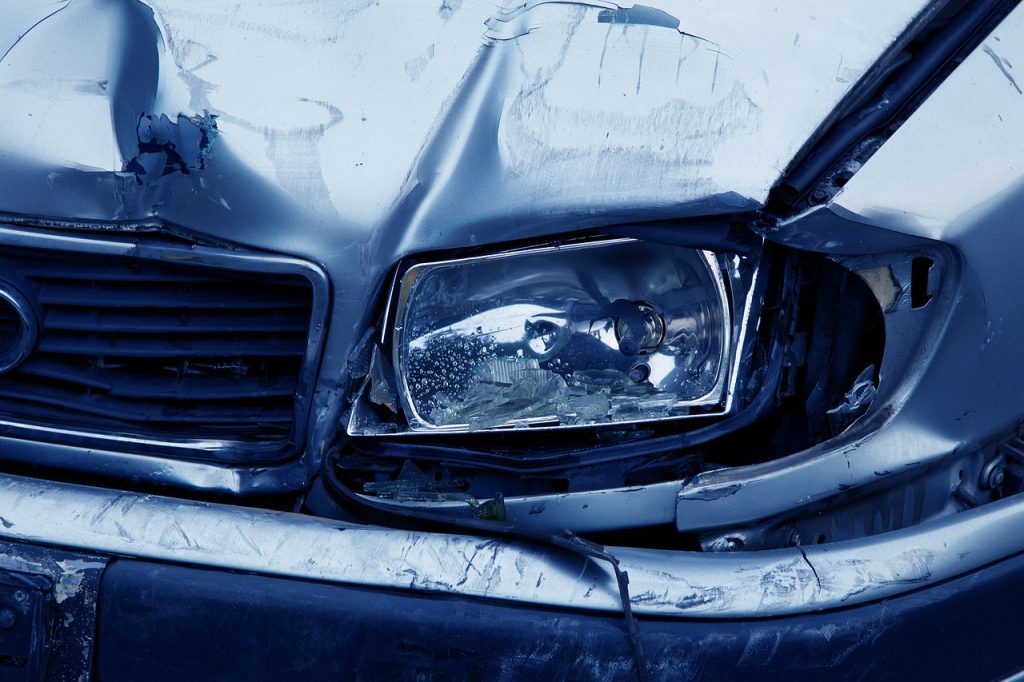Every day, countless individuals park their vehicles in various locations, from residential streets to busy parking lots. It’s a routine that many take for granted, believing their cars will be safe while they attend to their daily activities. However, a disheartening experience can occur when someone carelessly collides with a parked car, leaving the owner reeling with anger and confusion. So, what are your options if you find yourself in such an unfortunate predicament? Can you sue if someone hit your parked car?
The short answer is: yes, you can potentially sue. However, the path to doing so is often riddled with complexities. Understanding those complexities begins with the necessity of establishing fault. In the unfortunate event of a collision with a parked vehicle, establishing fault can sometimes be straightforward, especially if the at-fault driver admits culpability, or there are witnesses who can attest to the events that transpired. Evidence is paramount. Photos of the damage, witness statements, or even surveillance footage can bolster your case significantly.
Once fault is established, the next question often revolves around whether to pursue a claim through insurance or to take legal action. Many people initially think of their insurance policy as the primary vehicle for recovery. If the at-fault driver has insurance, you typically can file a third-party claim against their insurance company. This is generally a more pragmatic approach, ensuring that you receive compensation without the burden of a lengthy legal battle.
However, the allure of pursuing legal action remains for numerous individuals. Perhaps you feel that the damages exceed what the insurance company will cover. Perhaps there are additional considerations, such as emotional distress or aggravation that you endured during and after the incident. Or maybe you’re dealing with a particularly obstinate insurance adjuster. These factors can provoke a desire to escalate the matter judicially.
But before diving headfirst into litigation, it is crucial to assess the merits of your case. Just because you have the right to sue doesn’t mean you should. Examine the party at fault’s level of insurance, the extent of your damages, and whether your emotional distress can be substantiated. Courts generally do not look favorably upon frivolous lawsuits, and having a strong case is essential to avoid wasting time and resources.
It’s also important to consider the severity of the damages resulting from the incident. If your parked car has sustained minor scratches, perhaps the cost of pursuing a lawsuit exceeds the potential recovery. Conversely, if your car is totaled, the stakes rise significantly. You may need to compensate for lost value, repair costs, and any potential consequence of diminished vehicle usability.
Furthermore, each state imposes varying statutes of limitations on claims. It’s critical to be aware of these constraints when considering a lawsuit. In many states, the window to file personal injury or property damage claims can range from one to six years, depending on the nature of the claim. Tardiness in filing your claim could result in forfeiting your right to recover damages entirely.
A notable aspect of many vehicular incidents is the emotional toll they can take on the involved parties. The sudden jolt of realization that your parked car has been struck can lead to frustration, anger, and even anxiety over the potential financial repercussions. This emotional distress is, undoubtedly, a genuine aspect of the experience. Some jurisdictional courts recognize that infliction of emotional distress can be compensated if paired with physical damages and substantiated in a tangible way.
To navigate this multifaceted landscape, the assistance of a qualified attorney can prove invaluable. A legal professional can advise you on the feasibility of your case, help you gather pertinent evidence, and represent your interests should you choose to engage in litigation. Their expertise can provide clarity and help alleviate some of the complex burdens that accompany such incidents.
Moreover, as you ponder your potential course of action, consider adopting a proactive approach for the future. Taking inventory of your parked vehicle’s position, ensuring it is in well-lit, populated areas may go a long way in avoiding such unfortunate scenarios. Installing a dashboard camera may provide additional protection by serving as evidence in an accident, should one arise.
At the heart of this issue lies an observable truth: our vehicles are a reflection of our lives and our identity. We invest time, money, and emotional capital in our cars, and when they are damaged, it can feel deeply personal. Instead of merely viewing a parked car as a collection of metal and machinery, consider it a vital part of your day-to-day existence. When it’s hit, it’s as if a rude interruption has occurred, and the siren call of justice beckons.
In summary, if someone hits your parked car, remember that you do have options. You can pursue a claim through insurance or take legal action. The intricacies of the law, the nature of your damages, and the emotional impact all interplay in determining the best course of action. With careful consideration and potentially the guidance of a legal expert, you can navigate this challenging scenario and strive for the resolution you deserve.
